These are what I view as the 3 most important supplements and what I believe everyone should be taking, regardless of gender, age or fitness goals.
- Fiber supplement
There are two types of fiber: soluble and insoluble fiber. Soluble fiber is soluble in water, whereas insoluble fiber is not soluble in water. The majority of fiber we intake every day from the foods we eat is insoluble fiber. Pysllium husk is the highest food source of soluble fiber you can obtain. One teaspoon (5 grams) of psyllium husk contains 4 grams of soluble fiber. When the psyllium husk comes in contact with water, it swells to form a jelly-like consistency. The swelling of psyllium causes the muscles in the intestinal wall to contract in response to the increase stretching, facilitating the movement of stool through the intestinal tract through peristalsis. Consider psyllium husk as giving your intestines a good ‘internal scrubbing’.
The faster you can remove wastes from your body, the less chance they have of being reabsorbed. In addition to helping to remove wastes, adding soluble fiber to your diet slows the uptake of dietary fats which can lower total blood cholesterol [1]. A 2011 study conducted at the Royal Perth Hospital in Australia also showed that people with hypertension saw a reduction in blood pressure when they consumed a psyllium fiber supplement [1]. Finally, increasing fiber intake has been shown to improve glycemic control and decrease the degree of hyperinsulemia [1]. Lower insulin levels are beneficial to decreasing body fat and weight loss goals.
Flax seed is another good source of soluble fiber, although a lot less concentrated as psyllium husk. I recommend supplementing your diet with 10g of soluble fiber daily, added to your last meal of your day.
- Vitamin D
Vitamin D is actually a hormone, not a vitamin. Vitamins cannot be made by the body and must be obtained from the foods we eat. Our bodies can actually manufacture vitamin D with sunlight exposure. However, the vast majority of people do not get enough sunlight exposure to manufacture enough, especially during the winter months. 75% of Caucasian individuals, and 90% of African American and Latino individuals were vitamin D deficient in an American Health Association study done in 2004 [3].
The main function of Vitamin D is to regulate the absorption of calcium and phosphorus in our bodies and to aid in cell to cell communication throughout the body. Active vitamin D is also a potent immune system modulator and helps regulate blood pressure. Vitamin D can also help protect against osteoporosis, cancer, and Alzheimer’s disease [2].
For the athlete, vitamin D deficiency has been linked to muscle fiber atrophy, slow peak muscle contraction, prolonged time for a muscle to relax and increased risk of musculoskeletal pain. Fast twitch muscle fibers (type 2) are particularly sensitive to the effects of vitamin D deficiency. Increasing vitamin D levels has shown multiple musculoskeletal benefits including: muscle protein synthesis, increased ATP concentration, increased exercised capacity and physical performance [3].
I recommend females take 3000 IU of vitamin D3 daily and males take 5000 IU of vitamin D3 daily. It is a fat soluble vitamin so make sure you take it with meals containing dietary fat. One small word of caution, however. Vitamin D is a fat soluble vitamin so you can actually overdose from it if supplemented in obsessive quantities. Stick to the doses recommended by your health care practitioner or the dosages I listed above.
- Fish oil
The benefits of fish oil come from the two omega 3 fatty acids it contains, docosahexaenoic acid (DHA) and eicosapentaenoic acid (EPA). These fatty acids have numerous, documented health benefits including improved cholesterol balance, reduced inflammation, increased blood flow, reduced rates of heart disease and atherosclerosis, better immune system function, improved brain function, and prevention of cancer [5]. Reducing inflammation and improving blood flow are of particular interest to athletes, allowing athletes to train harder and recover faster [5]. Dr. William Smith found that omega-3 fatty acids reduce inflammation by diminishing the production of prostaglandins [4]. Researchers from the Urima University in Iran found that omega 3 fatty acid supplementation improved lung capacity and lung volume [3]. Again, of huge benefit to athletes.
In a study published in the October 2010 issue of the “Journal of the International Society of Sports Nutrition,” Eric Noreen and colleagues found that participants taking fish oil for six weeks improved their body composition by increasing lean muscle mass and decreasing fat mass. I don’t care what Dr.Oz says; if there is a magical weight loss pill its fish oil, not green coffee bean.
The biggest misconception I see about fish oil is people thinking all fish oil products are created equal. The amount of fish oil you are taking is irrelevant; it is the amount of Omega 3 fatty acids in the fish oil that matter. In other words, you are looking for the EPA and DHA content of the fish oil. That’s what matters. Most quality fish oils will have a combined total of 600mg EPA and DHA per capsule. I use Webber Naturals Triple Strength Omega 3 from Costco. Each capsule contains 1400 mg (1.4 g) of fish oil and 900 mg combined EPA and DHA Omega-3 fatty acids. A general recommendation is 0.25-0.5g of EPA/DHA per 10 pounds of bodyweight. Below is a table to use as a rough guide.
| Body Weight | Grams of EPA/DHA |
| 150 lbs | 7.5g |
| 200 lbs | 10g |
| 250 lbs | 12.5g |
| 300 lbs | 15g |
Remember that the EPA/DHA dose is a combined dose from both the foods you eat and the supplements you take. I eat wild salmon almost every day so I only supplement with 2 fish oils capsules (2.4g of fish oil, 1.8g of EPA/DHA) per day.
References:
[1]Walsh, M. (2013, October 21). Metamucil Benefits. Retrieved from: http://www.livestrong.com/article/533891-metamucil-benefits/
[2] Algaecal. (2014). Benefits Of Vitamin D Supplements. Retrieved from: http://www.algaecal.com/algaecal-ingredients/vitamin-d/benefits/
[3] Straus, L. B. (2012, October 9). Vitamin D Has Sports Health Benefits. Retrieved from: http://www.momsteam.com/nutrition/vitamin-d-has-sports-health-benefits
[4] Gamonski, W. (2010, November 29). Fish Oil Benefits for Athletes. Retrieved from: http://www.livestrong.com/article/321005-fish-oil-benefits-for-athletes/
[5] Cross Fit Impulse. (2012, June). Why Fish Oil? Retrieved from: http://crossfitimpulse.com/why-fish-oil/


